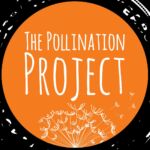1 in 3 people is monetarily poor in Kenya, Country Office Annual Report 2022 Kenya by UNICEF.
“I am hopeful that we will make the community better than how we found it”, David Mulo, Founder of Green Kenya.
Achieving success in life is not an easy task. It is not only our abilities and efforts that determine our accomplishments but the social and family circumstances that surround us also play a decisive role in our life’s path. When David Mulo was a child, he picked up scrap metal from the trash to buy enough food to mitigate his hunger in the slums of Nairobi, Kenya, very few would have believed that he would grow up to found an organization that helps over 20,000 children and adults succeed, but he did.
David Mulo is a man who dreams; perhaps that is – in part – what saved him from remaining in the Nairobi slums. His entire life seems as though it were taken from a movie script, a very emotional one. Since he was a child, he dreamt of having a different home outside the informal settlement where his 10 by 10-foot house was made of mud walls and old metal sheets roof. While he washed cars at night and searched for leftover coal on the streets to prepare his frugal meals, he dreamt of attending college and helping others.
The Struggles of Informal Settlement Child
David was born in Nairobi, Kenya. He has three sisters and during his first years, he lived with them and his parents. But by the age of 8, his parents separated and he had to stay with his father due to cultural beliefs.
“My parents separated so I stayed with my father,” recalls David. “My sisters were with my mother because in our community it is believed that men should stay with their father so I accepted that even though we had nothing to eat. My father was depressed, so he lost his job. I used to leave school to go and pick up leftover charcoal to bring home so that I could cook. I also picked up scrap metal and washed cars at night to buy food. If that didn’t work I would go to get leftovers from hotels and that is how we ate. That’s how we survived.”
In the informal settlement where David grew up, many youths tried to escape their reality by drinking or consuming drugs but for him, that was not a choice. Mulo focused on having a healthy lifestyle because he loved playing soccer – and yes – he dreamt of being a professional soccer player.
“I was brought up in an informal settlement and I used to play soccer. The only thing we could play was soccer because we played without shoes or shirts in a dusty field. Every time I went to the field I felt something good, I felt I was in my place. That is why I never smoked, drank alcohol, or used drugs,” remembers the remarkable heartivist.
By the time David was 16, he was forced to leave his father’s home because in his culture two men from that age forward can not sleep in the same room, and his house consisted entirely of just one room. So the teenager had to seek shelter in friends’ and neighbors’ homes. That – of course – had a negative impact on his grades.
“Some of the people I stayed with drank or used drugs. They would come to their houses at 2 or 3 am and by 5 I was supposed to leave for school. So I would go to class sleepy and this affected my grades,” says David. “I ended up staying at home for one year, without going to high school and my friends got ahead of me. I was left behind. So, I promised myself this had to change.”
Poverty in Kenya
Kenya is one of the 10 most populated countries in Africa, with nearly 53.8 million inhabitants of which 30% live in urban areas. In Nairobi County, 46.5% live in informal settlements which represents 6.5 million Kenyans, according to Statista.
One of the main reasons for Kenyans to establish informal settlements is the economy. According to the Country Office Annual Report 2022 Kenya by UNICEF, 1 in 3 people is monetarily poor in Kenya, which represents 15.9 million people. Half of the population of the country is multidimensionally poor which goes beyond monetary poverty and includes the lack of healthcare, safe drinking water, nutrition, housing, and sanitation. In the case of children, more than half – 52.5% – live in multidimensional poverty.
Unfortunately, the country went through a severe drought in several counties and this affected the economy even further in 2022. This produced a setback in children and youth education because – according to UNICEF – 1.57 million children are at risk of dropping out of school due to the drought, the inability to pay for school fees, the need for children to work caring for livestock, and more.
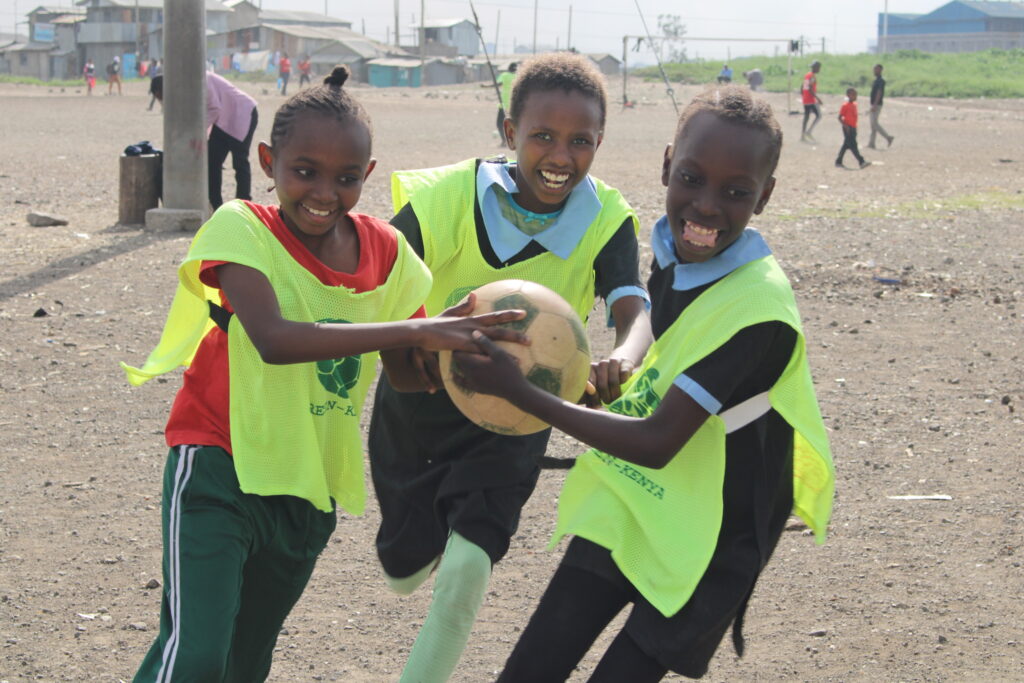
David Decided to Change His Destiny
Since his childhood, David witnessed how some of his friends and neighbors were shot, killed, or imprisoned because they wanted to obtain fast money. After dropping out of school for a year due to his economic struggles and the lack of family support, that life became unbearable for David so he decided to make a drastic change.
“I wanted to go back to school and a teacher who recognized my soccer talent talked to the headmaster so I could work during the weekend cleaning the school so my tuition fee could be paid with my labor, so I agreed,” says David. “I used to clean the school on Friday evening and Saturday morning and that is how I finished my high school. During that time I started writing my vision board, although I had no money I wrote where I wanted to go to college and what I wanted to study. Miraculously, one day, a lady from Norway came to Kenya and she wanted to have someone to move her around in the informal settlements. So I decided to volunteer. I showed her around and when she was leaving she asked me: ‘What can I do for you?’ I told her I wanted to go to university.
She went back home and I didn’t hear from her for a long time. I didn’t have a way to get her emails because I didn’t even have an email address or Facebook. She used one of my friend’s email addresses and she told me she would pay for my college tuition. When I got the news I cried. She sent the entire 4 years of tuition, 4,000 dollars to pay for my career and I never touched a cent from that money.”
Green Kenya
David worked to obtain a bachelor’s degree in Communication, with a Major in TV and Video Production, at the East African School of Media Studies. But as he was about to finish his studies he thought about how he could help other children and youth who were facing difficulties like him to pursue a career and a better future. That is when he created the organization Green Kenya.
“Being in the field disciplined me, I never used drugs and remained healthy. I thought this could be a tool to help others,” says David. “I saved for 2 years to register the organization because I had no money. I was just about to finish college. I used the money I got from garbage recycling to buy food and for the organization. I was alone, nobody wanted to help me because I couldn’t give them anything. I felt I didn’t have enough resources, team members, family, or friends. I almost gave up – to be honest – because it was too tough; but I kept on going”.
David registered Green Kenya on September 23rd, 2014. Soon after, he went to a school teacher to talk to him about his youth programs and began his first project with only 50 children, using soccer as the means to teach children discipline, leadership, empowerment, and environmental awareness.
“We work with schools during physical educational time and teach children and youth how they can reduce their carbon footprint. We help them to gain resilience because they come from informal settlements, we build their psychosocial support and we help them to bounce back from the challenges they are facing,” explains David. “ What they are going through is what I went through so I understand them.”
David is about to reach the 10th anniversary of Green Kenya which now is a partner of 9 other organizations and has 7 board members. Led by a team of 5 as well as numerous volunteers. There is a memory that stands out from the rest: the first grant they ever received.
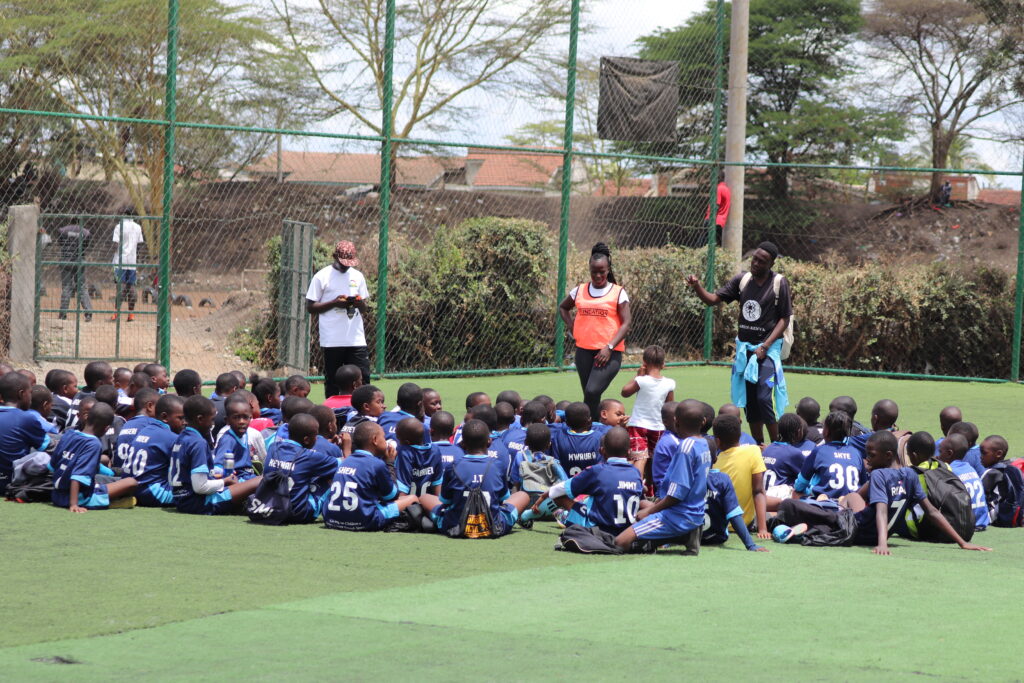
The Seed Grant From The Pollination Project
As David continued struggling to find resources for the organization a friend of his told him about The Pollination Project, so he decided to reach out.
“One of the great things I saw on the TPP website was that they liked authentic people, people who were making a change in their community with the little resources they had,” says David. “When we received our first grant, this was from The Pollination Project in 2017, it was $1,000 dollars. Wow, The Pollination Project believed in us. We received other grants from TPP but the first one was a game changer. I never thought someone from somewhere outside Africa could believe in what we did. When we received this money, we bought the equipment balls, poles, and beams, and paid for transport to reach children farther from where I lived. When I started I couldn’t move far because I would be exhausted from walking and would end up yawning in front of children. One thing I am always excited about is to talk about these $1,000 dollars that changed everything, they changed our lives.”
To this day, David has worked with more than 1,000 coaches and some of the youth leaders they work with are from Nairobi informal settlements. They now have several programs like the Environmental Literacy program where they teach children and youth to take care of the planet, Women Up which aims to empower girls and women to eradicate gender inequality through sports, the Consultancy program where they teach youth to be trainers and obtain laboral opportunities, the Football Academy and the Sports for Social Impact where they work with children and youth to promote resilience, discipline, and environmental awareness.
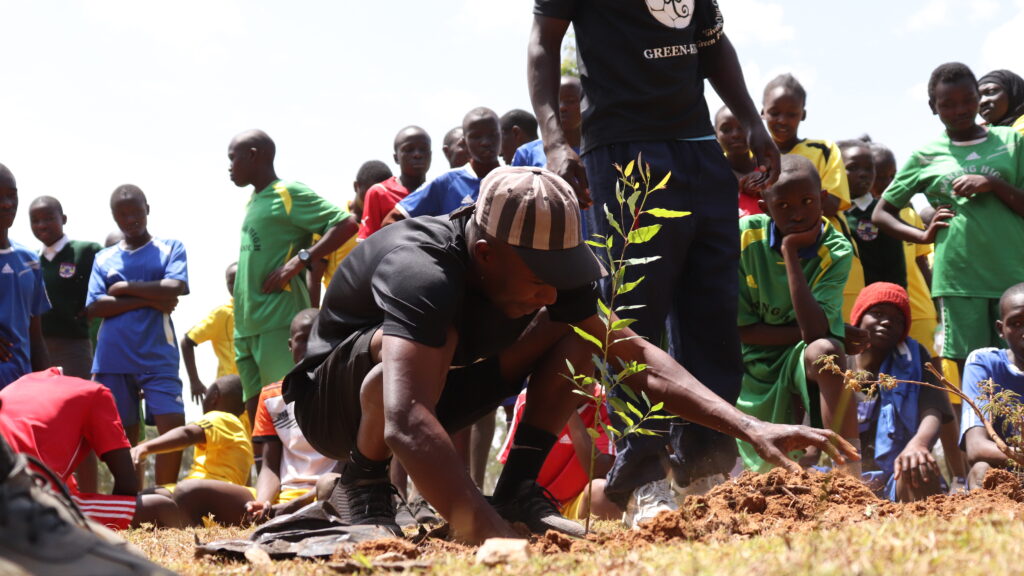
“I am worried about the young people who don’t have mentors, a role model that they can look up to. I am worried about the community not being conscious about it because if we don’t take charge now our children will miss many opportunities,” says David.
Since the founding of Green Kenya, this nonprofit organization has positively impacted over 20,000 children and adults. But for David, dreams are not over yet. He still has many more to come and he will surely make them come true.
“I dream big,” says David. “We want to have a 300-acre land where we will teach young people. Our youth center will be located there. We are going to bring children from different parts of Africa and show them how we can take care of the environment. We will be a model for the world, here in Africa. A friend of mine who is an architect is already drawing the model,” says David with a wide smile and a sparkle in his eyes, the same one he had while he dreamt in the slums to overcome poverty and hunger to help other children in his beloved Kenya.
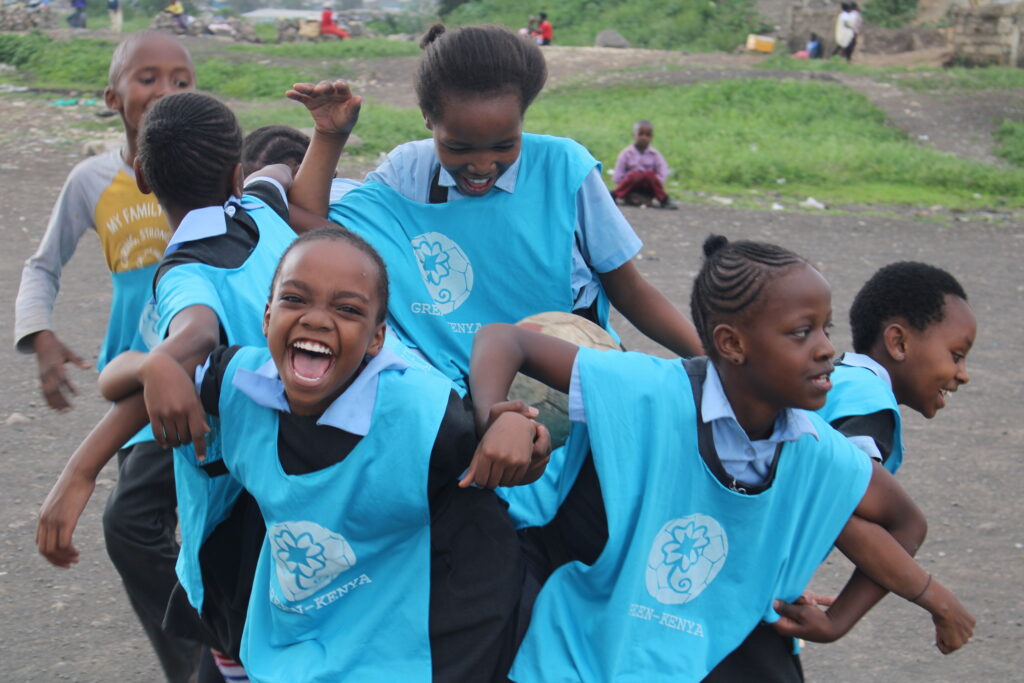
JOIN US
If you are inspired by this work and have an idea for a project that addresses an issue that you are passionate about, we’d like to invite you to submit an application and together we will build a better, more compassionate future!
If you would like to support the work of more heartivists like this around the world, please visit our donation page and be a part of the change today!

